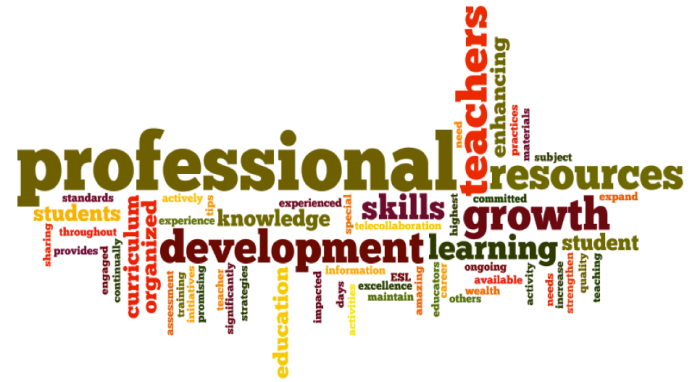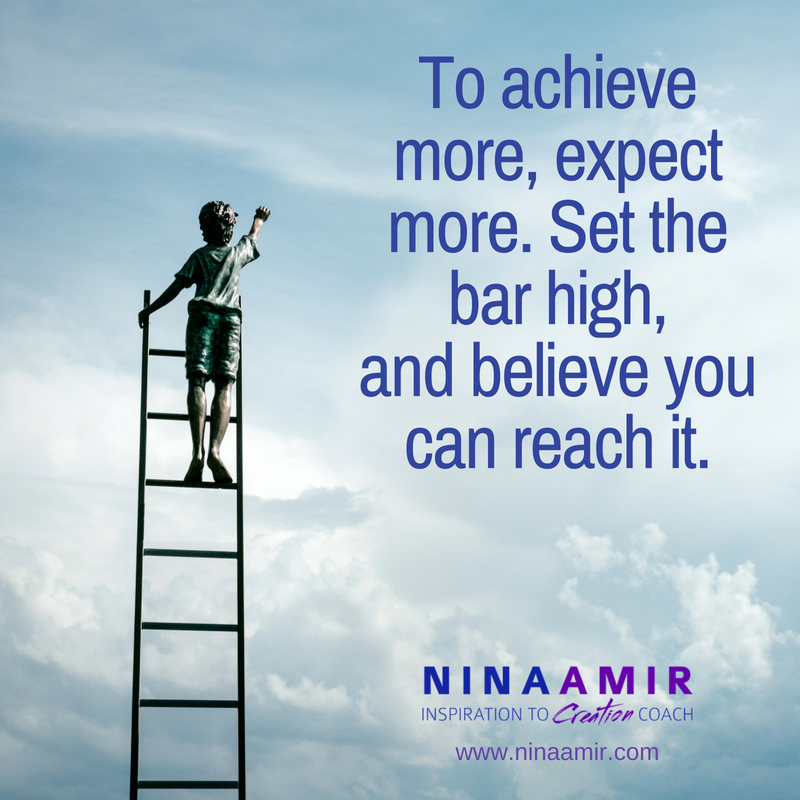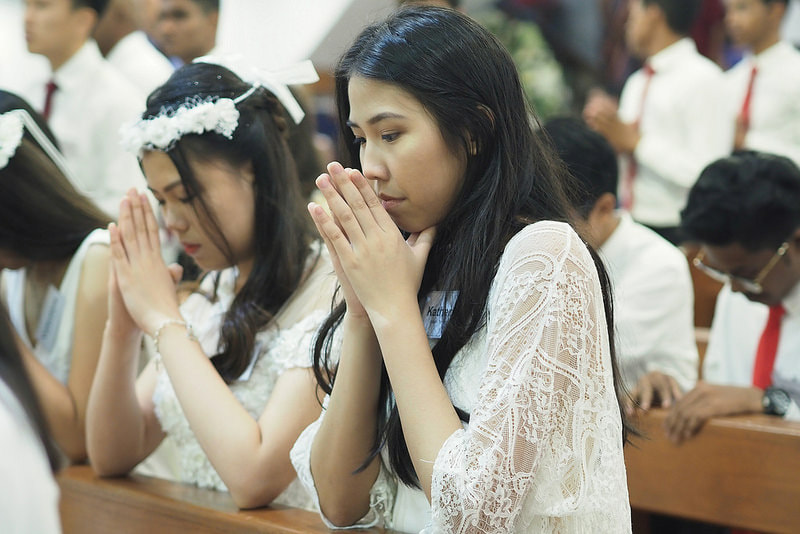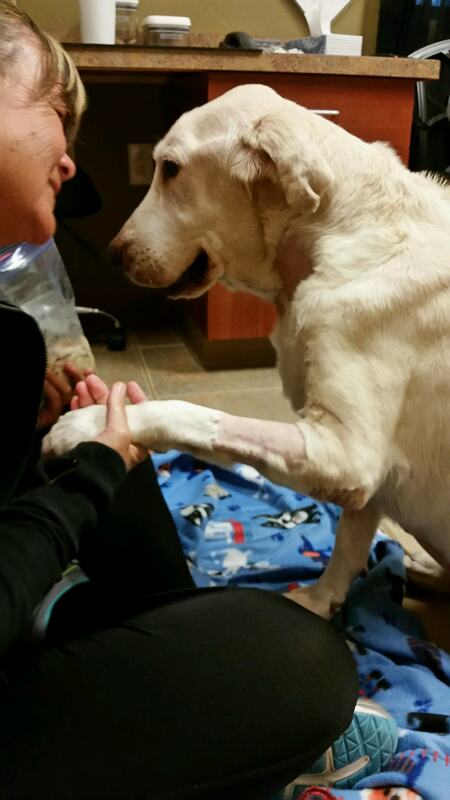|
My crossover is not an SUV and a minivan. My crossover is that I teach workshops to "in the trenches" teachers and administrators, but I also teach master's and doctoral level classes to teachers wanting to become school leaders and to people wanting to earn their terminal degree.
I love this crossover, as I truly believe my work with schools helps me be a better professor (as I have real-life examples of what is happening in schools in addition to my own time as a teacher, counselor, and principal), but my work as a professor is giving me great resources and real-time experience with people who say they want to move from being teachers to becoming school leaders. It seems to be a great mesh. And yet... I have high expectations for both types of work, including expectations for myself. If I have a client who is wanting to schedule a workshop in three weeks, I feel the need to respond to them within 24 hours (Dave says it's typically more like 24 minutes, but I'm trying not to focus on his belief that I have a touch of OCD) to find out what they want, how I can help them, and to get materials made well in advance of the workshop. I also have high expectations for my workshop participants, including the notion that they should be "present" the entire time they are in the room (does anyone remember reading in Beverly Cleary's Ramona the Pest , in which Ramona is told by her teacher to "sit here for the present" and Ramona waits all day for a gift that never arrives?). In fact, I explain the reasons for the "norm" of being present, identifying the fact that each person is not only accountable to themselves for the learning but also to the group with whom they are seated (for the present). Especially when working with school leaders, I sometimes hear them "vent" that they get frustrated when their own teachers are grading papers during a workshop at their school, and my question is: How do you set norms for workshop participation? In other words, what are the expectations of the teachers and how is that shaped by and how does it shape the school culture? I, personally, ring chimes when it is time to "come back" from a group discussion and ask participants to draw their conversations to a close and turn back toward the front of the room. I have been blessed that this strategy works almost every single time (there are outliers, naturally, every once in a while). For my college courses I teach, I hold students accountable for expectations as well, even though many of them tell me "this is the first class I've ever gotten anything less than a perfect score on every paper I've turned in" or "this is the first time I didn't get all my weekly participation points", which tells me that either they are lying to me (which I honestly don't think is the problem) or other professors are not holding their students accountable for high expectations. This makes me tremendously sad (and then my former engineer and logical husband reminds me what my hourly wage likely is when you count all the hours I spend grading and commenting on each and every single paper and discussion post that is turned in---the figure is not very high, I can assure you). But then some of my students will thank me for teaching them a new skill in writing or for engaging so much in the weekly discussions or for "not just mailing it in" (one of the latest I love), and many write to me after the course is over (likely waiting, in an effort to not look like they are kissing my backside) to tell me that mine was the hardest course but the most meaningful they have had. This is what keeps me going and allows me to try to look past the ones who cry out, "Why do you have to be so tough on spelling and grammar?" Ummmmm....maybe because if you spell the school leader word as "principle", perhaps you shouldn't be a principal (I truly wish I was making that one up or that it was a one-time occurrence). I have had the blessing the last few weeks in working with school leaders in the Phoenix area on their observations of and conversations with teachers. What we have heard teachers say when I model reflection conferences with them (after they have had a chance to look at what practices we captured in our observations) are statements like: "I can see how I should be expecting my students to take more ownership in group discussions by this time of the year" (1st grade teacher) and "I have high expectations for my own growth, and this is helping me immensely by allowing me to think about how to implement new strategies for my students" (4th grade teacher). In whatever you do, what are your expectations? Do you back down when the going gets tough or do you hang in there, knowing that high expectations are worth it? I'm hopeful that it is the latter, for you and me both! Happy Communicating, Shelly
0 Comments
Do you ever feel that tap on your shoulder to do something? Likely, the bigger question is: what do you do when you feel the tap? Shrug it away? That's what I did about 24 years ago. This is not meant to be an episode of "True Confessions", but many of you know I no longer drink alcohol. About 24 years ago, I was struggling with it a bit, feeling like I drank too much or got a bit out of control, sometimes, when I did drink (you can read into any massive understatements if you know me better). While I never had any issues with work or the law or losing a house or car or marriage, I was beginning to feel a tug to do something different. It just so happened that Dave and I were living in New Mexico at the time. I was driving back and forth from Alamogordo to Las Cruces four or five times a week for graduate school (over an hour drive each way), which means I had a good bit of time on my hands. Don't ask Dave to talk to you about the times where I would literally set my textbook on the steering wheel and read while I drove that very lonely and desolate highway back and forth (I say "desolate" so you will side with me when I say, "But there weren't any cars around, so I'm sure reading while driving wasn't THAT dangerous").
But back to the "tug". One day, while I was driving, I did what any self-respecting God-lover would do: I asked for a sign. "If I should not drink anymore, I'm asking you, God, to give me a sign." I had been listening to a Country station on the radio (if you want some more fun stories, I can tell you about how Dave and I met doing Country Western ballroom-style dancing in Dallas), and, all of a sudden, a song I had never heard by Kenny Chesney came on the radio. It was called "That's Why I'm Here" (Click the link to hear the song). Never before or since then have I heard a song about Alcoholics Anonymous, but there it was. So, I did exactly what made since...I changed the station and said, "I'm sure that wasn't the sign I was looking for." :) I wish I could tell you I was lying to you. I literally asked for a sign, heard it, and shrugged it off. Why? I suppose I simply wasn't ready. Four years later, I was ready, and I haven't drunk alcohol for the last 20 1/2 years (which is good for me and also good for everyone around me). :) Why am I telling you this oh-so-personal story? I think I felt called to do it, first of all, and I don't mess around with God's callings anymore. I was called last spring to go on a Habitat for Humanity build in Kenya with my dear college friend, Cid, who led the group, and I have been blessed beyond measure ever since then. I became friends with the teachers and principal at the school where we built the classroom, and we are plotting ways for me to go back and help teach them some new engagement strategies and questioning techniques to help their beautiful students learn and grow more effectively. I was recently "called" to do service work at our Episcopal church. I am now a reader at least once a month, which is such a simple task (I mean, who can't read?) but not everyone wants to get in front of the congregation and do it. When I think about the trajectory of my life's work, I also believe each step has been a "calling". I was called to teach at the ripe age of 6 years old, although I still can't figure out how those stuffed animals never did learn how to add and subtract numbers the way I wanted them to (my mother said I would talk to them so patiently, she knew I was destined to be a teacher---either that or a psycho, right?). Becoming a counselor was a calling, one in which I got to talk to middle school students about their first break-ups with boyfriends and girlfriends or about their frustrations with a particular teacher who just didn't seem to understand them. I was called to become a principal, a career move that provided so many blessings to me, I can hardly believe it. Now, as I have the honor of being able to work with schools, districts, territories, and even countries on their education systems, I feel called to always be my authentic self. I may still be trying to figure out what that is exactly (I know my authentic self loves chocolate milkshakes, but my current body has told me I could stand to lose a few pounds, so I am running everyday instead), but I feel I am at least on a path that makes sense. And I feel at peace when I get on my knees every morning and pray for God to simply help me be the person He intended me to be...and for me to listen to any taps or tugs. Just for today, perhaps we can consider what it is we are called to action to do or be...and move toward that. What are your gifts and how can you share them with others? Happy Communicating! Shelly  I have been talking with my graduate students with whom I am teaching for an online Educational Leadership course at a local university. One of the questions I asked them was about how impactful their professional development (PD) opportunities are for them in their school. Almost to a person, the students are almost guiltily admitting that their PD sessions are "worthless", "boring", and "a waste of time". So, in an effort to do a little bit of anecdotal research, I asked them to tell me why they felt that way. Here are the two major themes I heard: The Presenter Just Talks at the Audience: I think this is a common theme across the world, not just for teachers, but for the corporate world as well. "Presentations" are given with no time for reflection among the participants. I learned many years ago that businesses (even with interesting information that could be shared if only the execution had been different) conduct what Dave calls "death by Powerpoint". Now, don't get me wrong. I use Powerpoint all the time when I conduct workshops for large and small groups. However, the death by Powerpoint occurs when the presenter simply writes on the slide what they are going to say and then goes to the next slide with no chance for processing or discussion. How can we combat that? First of all, the best workshops tend to have less on a slide and more information that the presenter fills in with opportunities for sharing, discussion, quick-writes, etc. It's a One Shot Workshop With No Follow-Up: This is what we call a "one and done". "One and done" workshops have exactly the same effect as "sit and get"---they don't CHANGE anything.I was teaching school leaders and instructional coaches in a district two years ago about how to have conversations with teachers after observing them in the classroom. They LOVED it. After teaching them the new conversation skills, we would go into a teacher's classroom, observe him/her for about 15 minutes, then come back and align our notes/evidence to components of effective teaching. I would then send my notes to the teacher and give him/her time to review them. At that point, we would have the teacher come in and I would model a post-observation/reflection conference. Every teacher said it was the first time they had ever spoken so much at a reflection conference. They said they were usually talked TO about what the principal had seen. After the teacher would leave, the school leaders and I would debrief. They ALL said, "I never realized I talked so much" or "I never knew how to ask questions that would provoke such deep answers from the teachers". But when the superintendent came with us during one "round" of these sessions, one of the principals spoke up (God love her). She said to the superintendent: "This has been the most game-changing work we have ever had because Dr. Arneson has modeled and practiced what she preached. BUT...if it stops now, it would all be for nothing, as we need her to come back and COACH us on how we are doing with these conversations." I loved how explicit she was about what she needed. The point is we need follow-up, coaching, and alignment of goals in order to increase the effectiveness of the workshop we are getting. I am happy to say that is exactly what I will be doing all this and next month in a charter school network in Arizona. I will be modeling reflection conferences for every site, then I will coach each school leader on their own work on conversation skills in a reflection conference. That network is really putting their money where their mouth is, and they see the value in sustainability, not just a "sit and get" or "one and done" workshop. In what ways might you make a change in the way your school or business presents professional learning opportunities to make them more applicable to your future work? I would love to hear your thoughts! Happy Communicating, Shelly I had a dream last night that Dave and I were in our SUV, and he drove off a cliff. Scary, right? Dreams like that can be terrifying, as many of us who dream vividly can attest. What was interesting to me about this dream was that, as the vehicle careened off the road and over the cliff to what would most certainly culminate in a certain death, Dave and I grasped hands and began praying---for our loved ones, thanking God for the gift of our marriage and our time together, and asking for care to be taken for our pups. In other words, we were most certainly scared but our first instinct was to pray. I have always enjoyed analyzing my own dreams and the dreams of others as well, but I have no idea what prompted this one. The one thing I know for certain is that I am grateful for our faith. Dave and I were talking, the other day, about the trajectory of my career path (his current "job", as he likes to tell people all the time, is to go to the golf course every day and try to earn some bets he and the guys make on their games---please ignore my eye roll). I knew when I was six years old that I not only wanted to become, but HAD to become, a teacher. It was simply a passion that had wormed its way into my genetic make-up and took hold of everything I did---playing school with my stuffed animals, analyzing the teaching styles of every teacher I had (making note of which traits I would want to keep or discard), writing papers about what I imagined teaching would be like in 8th grade, and even beginning to work with special education students in 8th grade during a "free period". This grace from God about knowing what I wanted to do was bestowed upon me at an incredibly early age, but who would know where that dream would take me? (not the dream I had last night---I'm pretty certain I know where that SUV landed---luckily, I woke up before it did and while we were still praying---it must have been a long fall) From teaching to counseling to school leadership to teaching at universities to consulting and leading workshops all over the world, I am now wondering what grace God will bestow upon me next. What I do know about grace has also hit me smack-dab in the middle of my heart through working with the rescue organization in Arizona called Desert Labrador Retriever Rescue. We get Labs (or some semblance of a Lab, at times) from Mexico, owner turn-ins, kennels who call and say the dog is days away from being euthanized. We get them to a vet who examines them and ensures they get the proper medical care necessary to then be placed in foster care until the foster family deems the pup ready to go out for adoption. Dave and I have successfully adopted out 16 Labs so far. We "foster-failed" once, which means we meant to only foster little 6 week old Kirby 3 years ago, but ended up adopting him ourselves (because we are crazy, is what Dave says). Three weeks ago, a 5 year old yellow Lab was rescued from the streets of Nogales, literally hours away from dying of starvation, dehydration, and neglect. She was brought to Tucson, where pictures of the most emaciated dog you can possibly imagine were put out on our rescue website. Dave and I didn't think twice---we immediately volunteered to foster her, if she were to live through the night and get the care she needed from the vet in the upcoming weeks. They said they hadn't named her. I immediately asked if we could name her Grace or Gracie, as it could only be for the grace of God that this poor creature was still alive. Three weeks later, Gracie has undergone two blood transfusions, one splenectomy, and multiple bouts of medications and antibiotics to get her to a semi-healthy state. We went to see her yesterday (we have visited her about five or six times so far, and her tail wags now when she sees us because we are the "chicken people"---we cook chicken to bring to her) and the transformation is nothing short of a miracle. She truly is Amazing Gracie. Just for today, perhaps you can find those moments of grace in your own life. I pray blessings upon all the educators who go back to work tomorrow after having a much-needed rest. And I pray that each one of you knows how very much you are needed in the lives of children today. Finally, Dave and I covet your prayers for Amazing Gracie, that she may get to come home with us very, very soon. Happy Communicating, Shelly |
Shelly ArnesonCategories |





 RSS Feed
RSS Feed